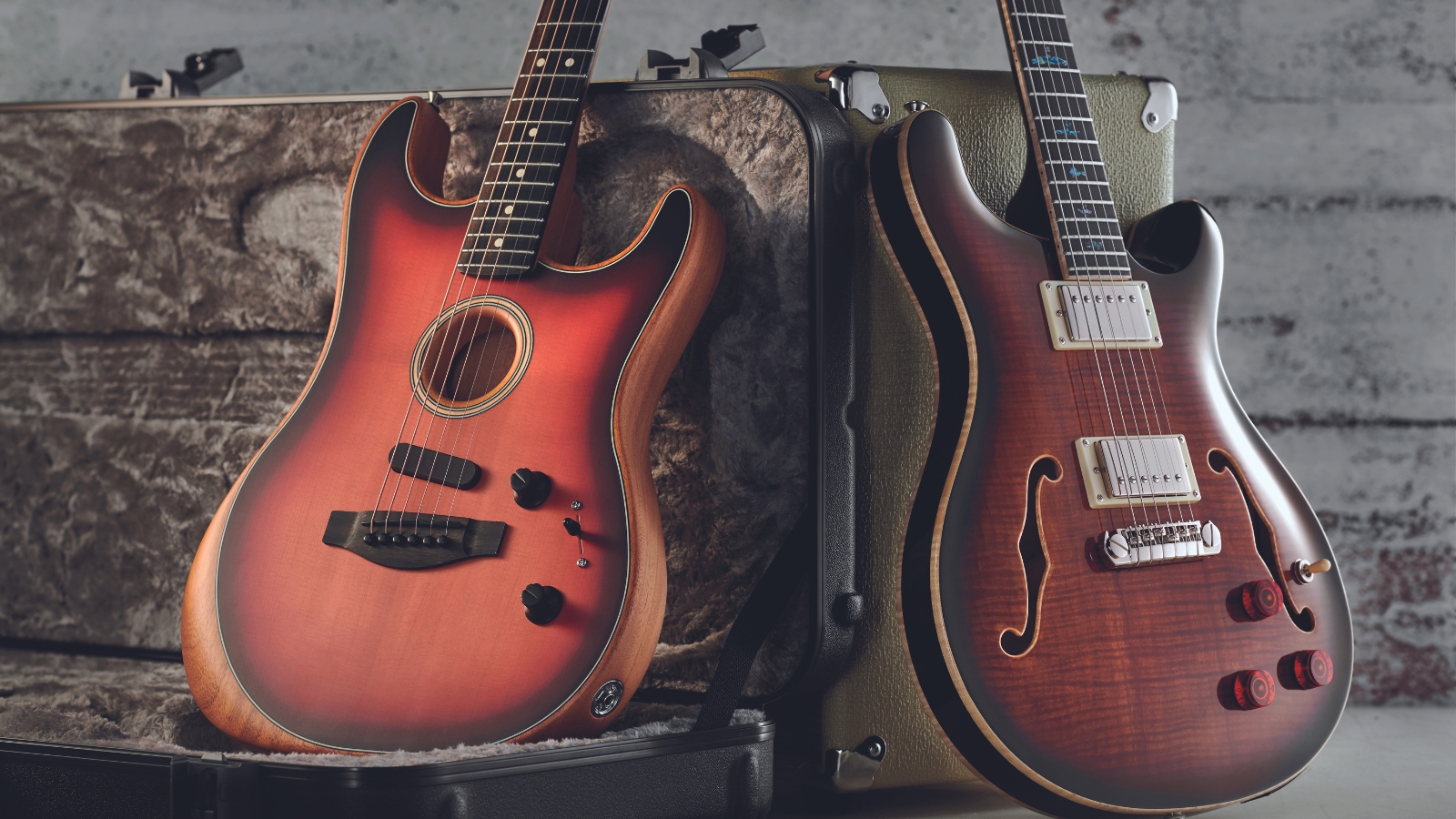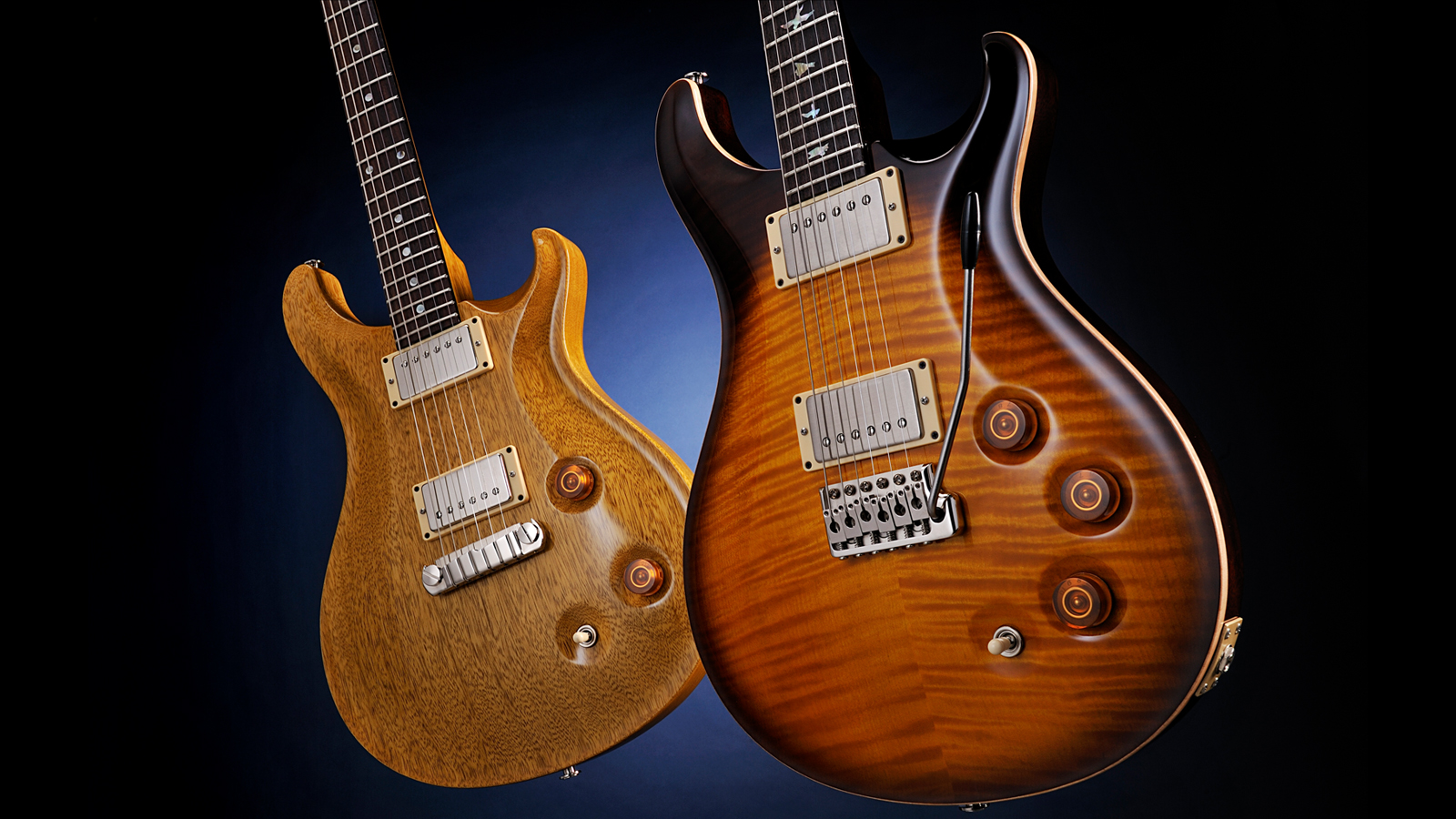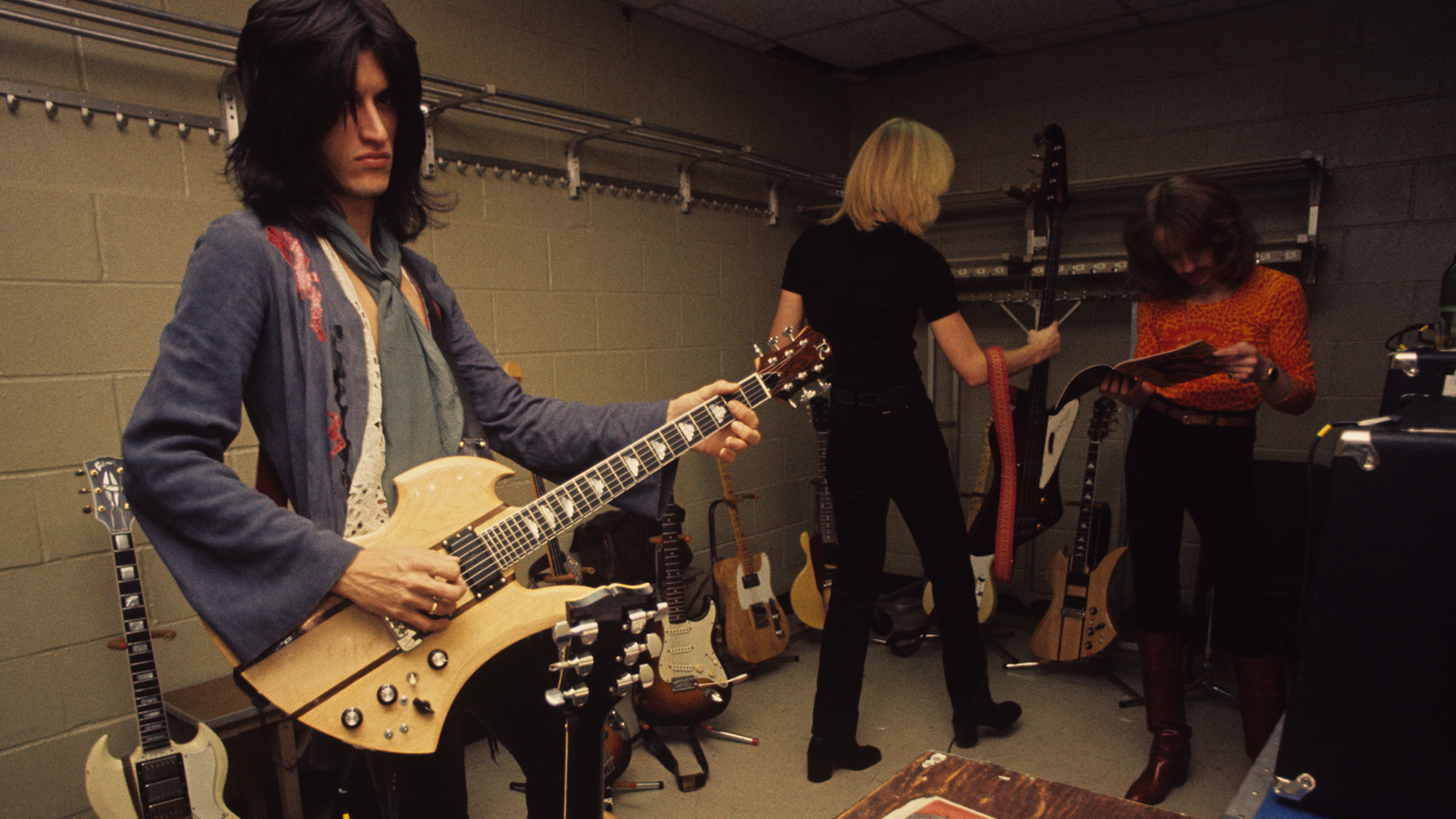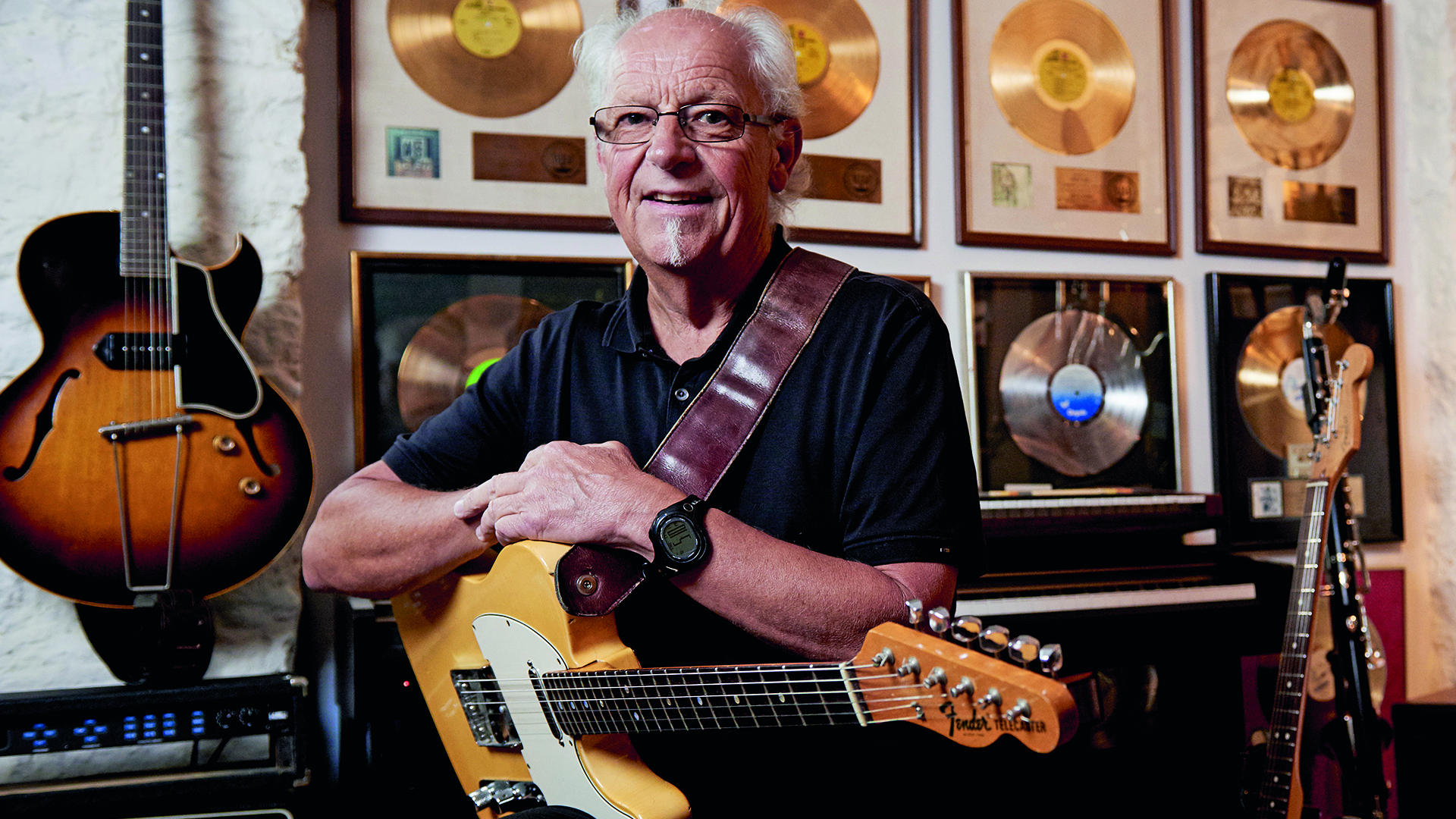“To throw away one of the main ingredients for making instruments because the internet says it doesn’t make a difference – I don't buy it”: Paul Reed Smith believes woods do affect tone, but brings a fresh perspective to the table
The luthier has detailed the science behind his company's wood testing, and believes his Guatemalan fence post guitar shouldn’t be sneered at

There’s always been a hotly contested debate among guitarists on the topic of tonewoods.
Guthrie Govan’s experiments, he says, delivered “unanimous” results proving that different woods do greatly affect tone, while Leo Fender always rubbished such thoughts.
Notably, we’re in an age where luthiers are having to use less of certain woods, like the prestigious Brazilian rosewood, due to sustainability concerns.
That's led to more obscure tonewoods like Urban Ironbark to grow in prominence and consequently add further fuel to the fire of the discussion.
Now Paul Reed Smith has weighed in with his thoughts, backing up Guthrie’s corner, albeit with a twist to his argument.

In a new column published on Premier Guitar, the luthier has revealed that PRS doesn’t deal in tonewoods. Rather, he believes “the species is less relevant than the qualities of the wood.
“I don’t really use the term ‘tonewood,’” he explains. “Because the internet uses the word, the word is used, but at PRS we just talk about wood, its beauty, and its ability to ring.
Get The Pick Newsletter
All the latest guitar news, interviews, lessons, reviews, deals and more, direct to your inbox!
“I guess tonewood is a wood used on musical instruments that helps give the instrument a good tone. Certain woods are classified as tonewoods and some are not.”
Instead of measuring a wood’s “toneful” characteristics, PRS runs through a scientific checklist to determine how a wood performs.
“Those qualities,” Smith says, “are: length of time the wood rings when you hit it, the amount of water remaining in the wood after it is dried, the resins in the wood being crystallized/not gooey, the ability to have strength as necessary (i.e., a fretboard needs to be resistant to sweating, whereas back wood doesn’t), its ability to not warp over time, and its aesthetic appeal.”
Coloring this belief, he explains how, as a young luthier learning his trade, he typically stuck to tonewoods considered the industry standards.
Straying from that path, however, conjured much food for thought. He found a lot to love in woods many were quick to dismiss.

“Over the last 15 years, we have been able to experiment with woods that are not considered vintage tonewoods,” he continues. “Vintage guitar fretboards are typically made of rosewood, ebony, or maple. There are several species within those wood types that work.”
He also adds that his current go-to six-string features a “ziricote fretboard and a chaltecoco neck. Chaltecoco is used for fence posts in Guatemala, and somehow that has given it a low-class reputation on the internet.
“To me, it makes fantastic electric guitar necks: It is strong, straight, and rings for a long time once dried. It’s got a beautiful sound.”
For PRS, that against-the-grain mindset (pun intended) extends beyond its wood choices. Electronics, hardware, and even types of finishes can impact an instrument’s tonal character.

“Bottom line, to throw away one of the main ingredients for making instruments because the internet says ‘it doesn’t make any difference’ is, to me, like saying dead strings, rubber bridges, soft finishes, and wet woods make no difference,” Smith concludes. “With all due respect, I don’t buy it.”
It’s certainly a fresh take on the much-debated topic – yes, he feels specific materials make a difference, but the specifics of which ones are used don’t matter, so long as they perform well.
It must also be noted that there’s often a snobbery around tonewoods. Mahogany builds sound luxurious, especially when pitted against the concept of a guitar built from Guatemalan fence posts.
But when you contextualize that with the fact such woods have the approval of Paul Reed Smith, who was responsible for crafting 2023’s best-selling guitar, the story suddenly changes.
As environmental concerns grow, and as luthiers continue to seek more readily available alternatives – Taylor in particular has been honored for its progress here – it will be interesting how the debate continues to rage on.
Perhaps Guthrie Govan has some work to do yet...
A freelance writer with a penchant for music that gets weird, Phil is a regular contributor to Prog, Guitar World, and Total Guitar magazines and is especially keen on shining a light on unknown artists. Outside of the journalism realm, you can find him writing angular riffs in progressive metal band, Prognosis, in which he slings an 8-string Strandberg Boden Original, churning that low string through a variety of tunings. He's also a published author and is currently penning his debut novel which chucks fantasy, mythology and humanity into a great big melting pot.
Guitar Center's Guitar-A-Thon is back, and it includes a colossal $600 off a Gibson Les Paul, $180 off a Fender Strat, and a slew of new exclusive models
"We tried every guitar for weeks, and nothing would fit. And then, one day, we pulled this out." Mike Campbell on his "Red Dog" Telecaster, the guitar behind Tom Petty & the Heartbreakers' "Refugee" and the focus of two new Fender tribute models










